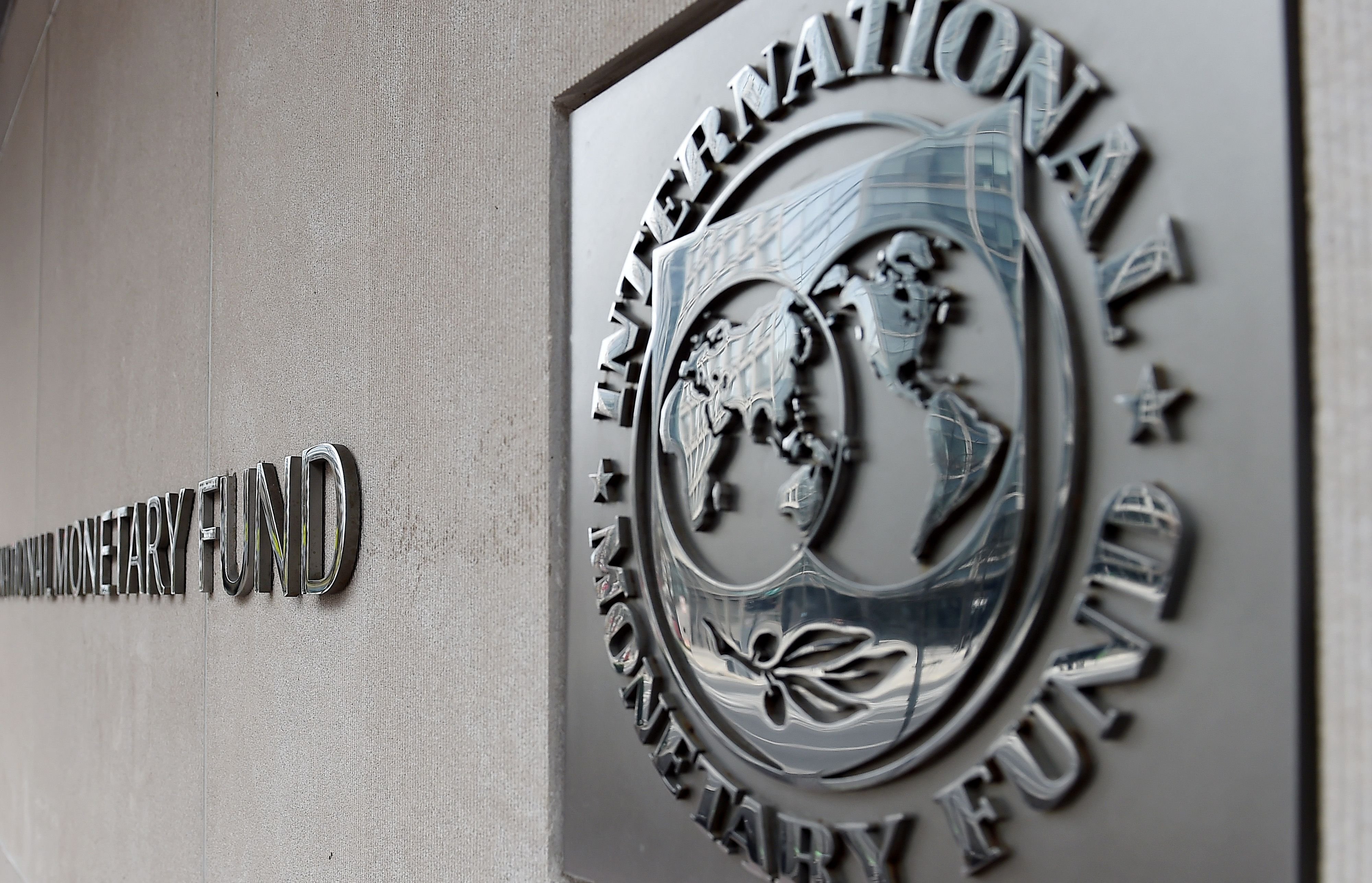The International Monetary Fund (IMF) has retained projected economic growth of 3.4 percent for Nigeria in 2022.
The Washington-based institution disclosed this on Tuesday in its World Economic Outlook (WEO) for July 2022 titled, “Gloomy and More Uncertain”.
At its last economic outlook released in April, IMF had estimated that Nigeria’s economy would grow by 3.4 percent in 2022 from the 2.7 percent earlier projected.
It explained that the outlook for countries in the Middle East and Central Asia and sub-Saharan Africa, such as Nigeria, remains unchanged or positive due to elevated fossil fuel and metal prices for some commodity-exporting countries.
It, however, projected that the global economy would slow further to 3.2 percent in 2022 and 2.9 percent in 2023.
According to the Fund, the projection was due to global inflation, the war in Ukraine, which has caused widespread hardship as well as an economic slowdown in China — a major global supply chain hub.
“A tentative recovery in 2021 has been followed by increasingly gloomy developments in 2022 as risks began to materialise. Global output contracted in the second quarter of this year, owing to downturns in China and Russia, while US consumer spending undershot expectations,” the report reads.
“Several shocks have hit a world economy already weakened by the pandemic: higher-than-expected inflation worldwide––especially in the United States and major European economies––triggering tighter financial conditions; a worse-than-anticipated slowdown in China, reflecting COVID- 19 outbreaks and lockdowns; and further negative spillovers from the war in Ukraine.
“The baseline forecast is for growth to slow from 6.1 percent last year to 3.2 percent in 2022, 0.4 percentage points lower than in the April 2022 World Economic Outlook. “Lower growth earlier this year, reduced household purchasing power, and tighter monetary policy drove a downward revision of 1.4 percentage points in the United States. In China, further lockdowns and the deepening real estate crisis have led growth to be revised down by 1.1 percentage points, with major global spillovers.
“And in Europe, significant downgrades reflect spillovers from the war in Ukraine and tighter monetary policy.
“Global inflation has been revised up, due to food and energy prices as well as lingering supply-demand imbalances and is anticipated to reach 6.6 percent in advanced economies and 9.5 percent in emerging market and developing economies this year—upward revisions of 0.9 and 0.8 percentage point, respectively. In 2023, disinflationary monetary policy is expected to bite, with global output growing by just 2.9 percent.”

